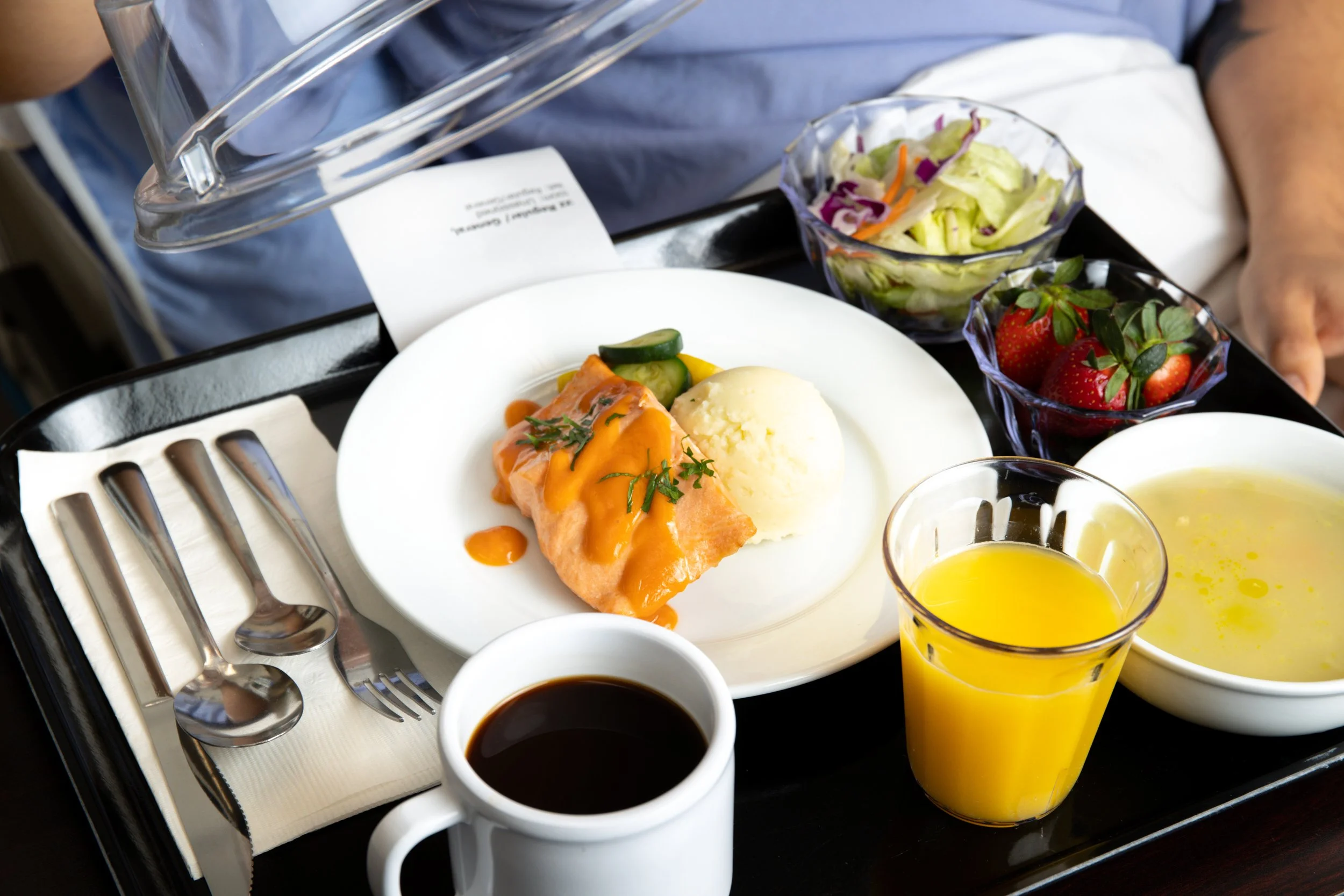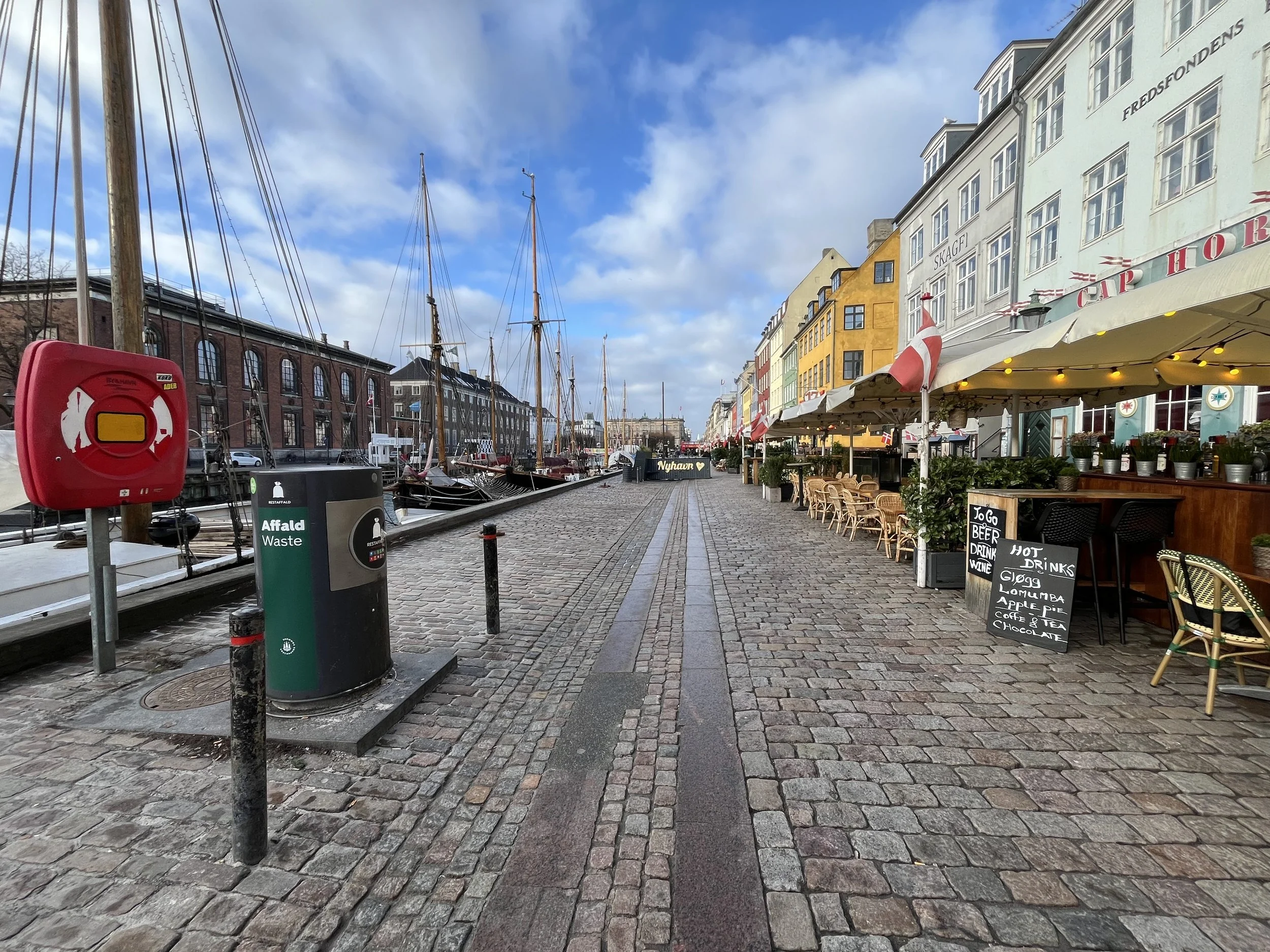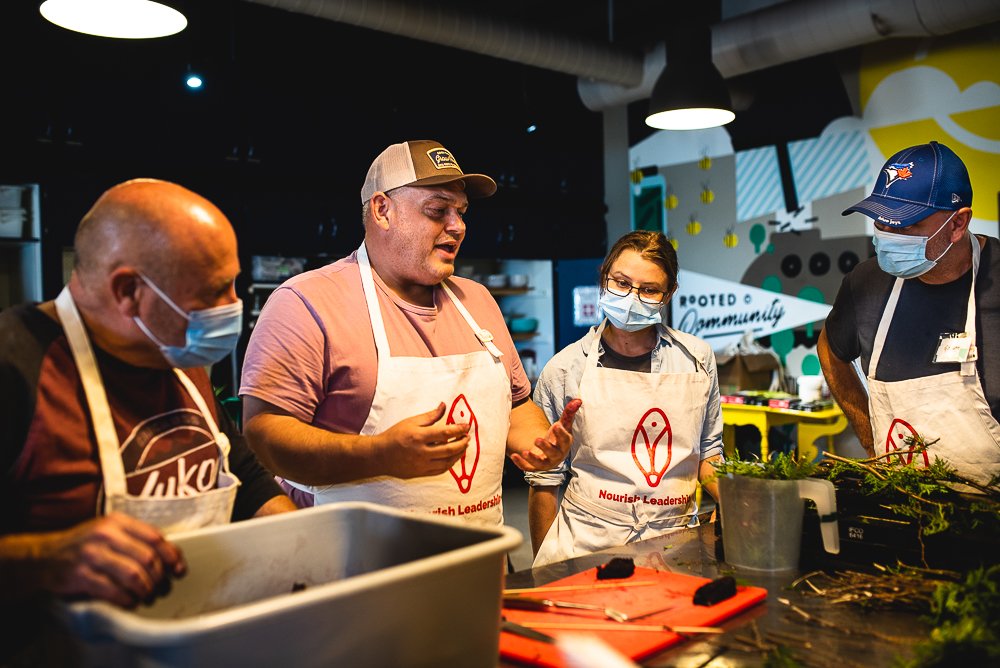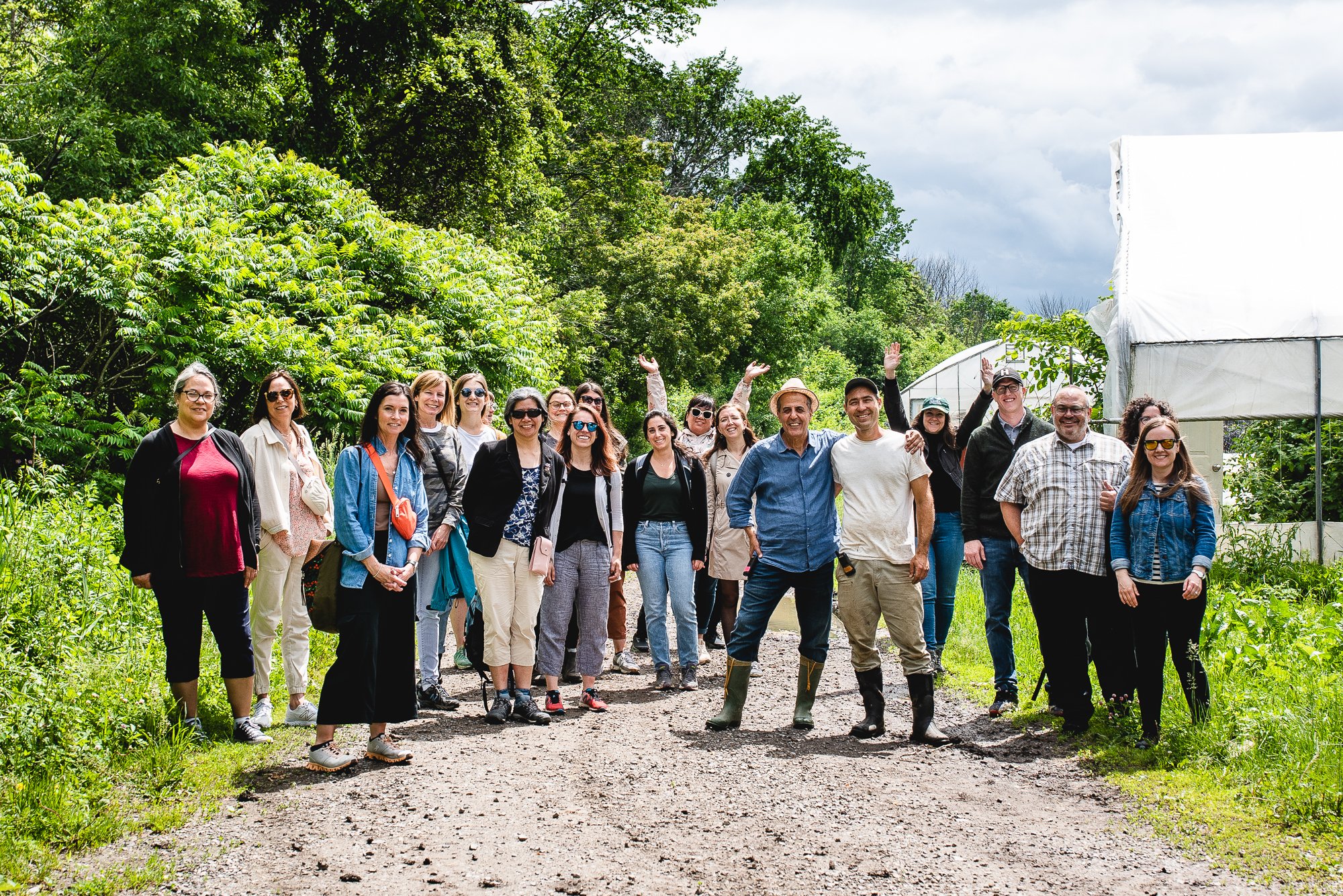2023 Food for Health Symposium Explores Indigenous Foodways & Solutions in Health Care
Traditional Foods offer Pathways to Reconciliation, Improved Patient Healing, and Equity
FOR IMMEDIATE RELEASE: Saskatoon (September 20, 2023) - Today, Nourish proudly joins the Saskatchewan Health Authority (SHA) and CHEP Good Food in co-hosting the second national Food for Health Symposium in Saskatoon, Saskatchewan. The two-day event brings together health care leaders to address the historical roots of food insecurity and food sovereignty while realizing the untapped power of food in health care.
“Nourish is thrilled to co-host this year’s Symposium with CHEP Good Food and SHA where we can celebrate years of partnership and incredible efforts to weave Indigenous foodways into Saskatchewan communities and health care,” said Jen Reynolds, Co-Executive Director of Nourish. “There are vital linkages between food and health outcomes and this year’s Symposium provides exciting Learning Journeys, workshops, and keynote speakers, including Dr. Elisa Levi, food sovereignty expert and Dr. Priscilla Settee, USask Indigenous Professor will explore this important work,” continued Reynolds.
“I continue to see Nourish’s commitment towards elevating the notion that food is medicine, together with a growing network of communities and institutions which includes navigating the right to traditional food in health care. My hope is that more organizations incorporate the strengths of Indigenous Peoples towards systems change,” said Dr. Elisa Levi, food sovereignty advocate.
The Symposium includes land-based experiences to highlight and learn about Indigenous Foodways with local hosts including at Wanuskewin Heritage Park, Whitecap Dakota First Nation, and Saskatoon City Hospital.
Nourish invites everyone interested in food for health to join our work and explore Nourish’s Food is Our Medicine program to advance health equity, climate action, and patient healing.
####
Nourish empowers health care to embrace food as medicine to advance health equity, climate action, and community well-being. We work to harness the untapped and neglected power of food in health care to transition to food and health systems that build health for patients and the planet.
Saskatchewan Health Authority is the largest organization in Saskatchewan, employing more than 40,000 employees and physicians. Together, we are responsible for the delivery of safe, high quality health care for the entire province.
CHEP Good Food For over 30 years, CHEP Good Food has operated within a capacity building
model, working with children, families, and communities to improve access to good food and promote food security so that we can achieve our vision of a food secure community.
Media Contact: Lana Brandt, Communications Manager
Phone: 778.833.2954 Email: lbrandt@nourishleadership.ca
Click here for the 2023 Symposium Electronic Press Kit.











